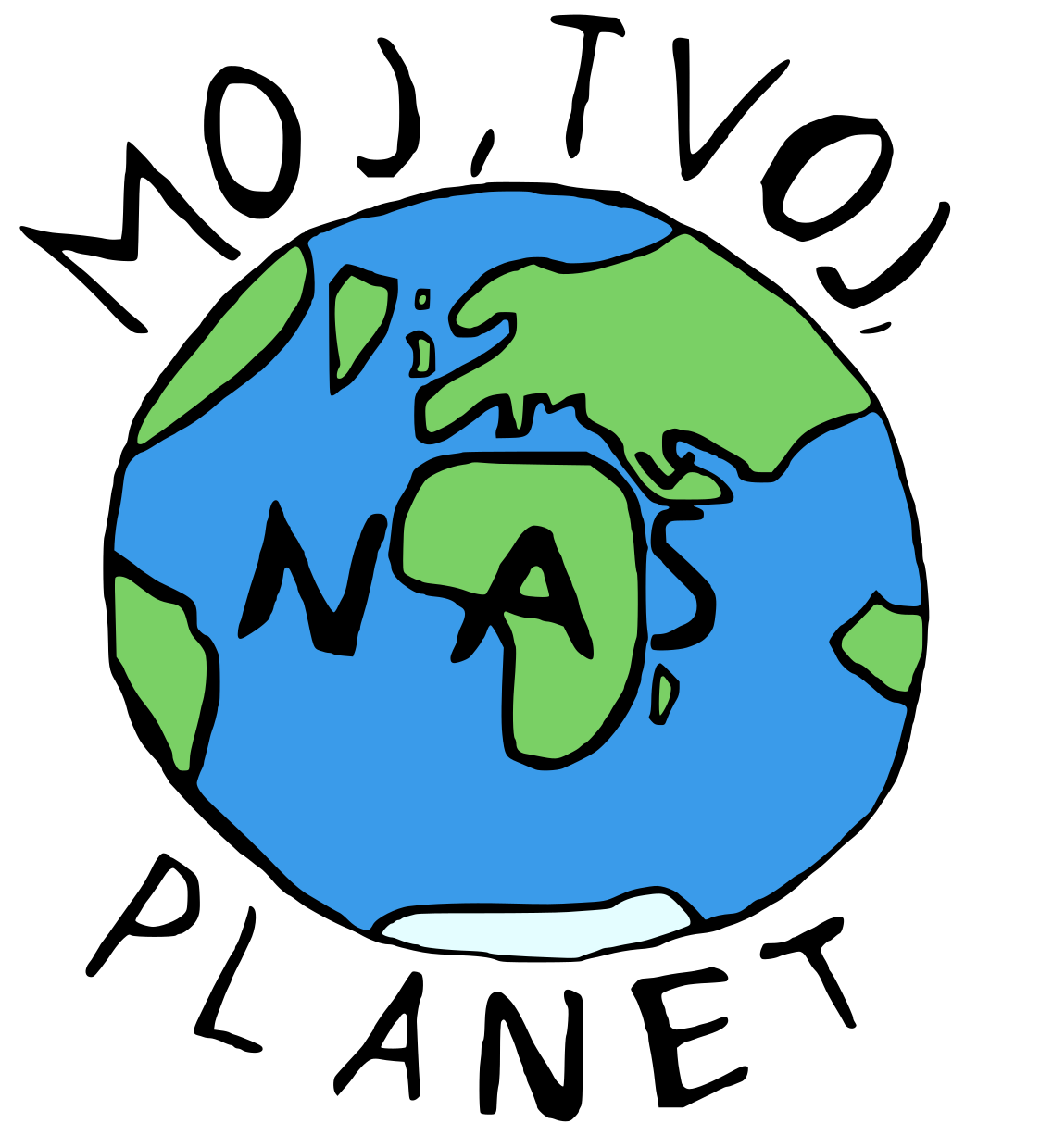Ecology is the science of our natural home. It studies the richness of living organisms, including us, and the interactions between living things and the living and non-living environment.
Environmental protection: our efforts to reduce our own harmful impact on the environment.
An ecological lifestyle means leaving as little trace as possible in nature and not causing any imbalances in the environment.
Humans are part of nature. Nature conservation is not only about protecting the diversity of plants, animals and their habitats, but also the foundation of the survival of our human species.
BIODIVERSITY
It is not the variability of living organisms within a single species or in an ecosystem. It plays an important role in the functioning of the ecosystem and the creation of ecological complexity.
3 levels:
Genetic – adaptation to changing living conditions
Ecosystemic – part of a complex community, living beings establish a balance
Species – different types of living beings (abundance is increasing, species diversity is not evenly distributed)

Plant and animal species are disappearing due to the consequences of decreasing ecosystem diversity, the spread of settlements, increasing mobility, and a lack of knowledge about the state and conservation of species. By overexploiting everything that nature offers us, and especially by changing our habits incorrectly, we have grossly interfered with the environment.
Solutions should be found in developing processes that will, on the one hand, enable the meaningful development of human society and, on the other, care for nature.
